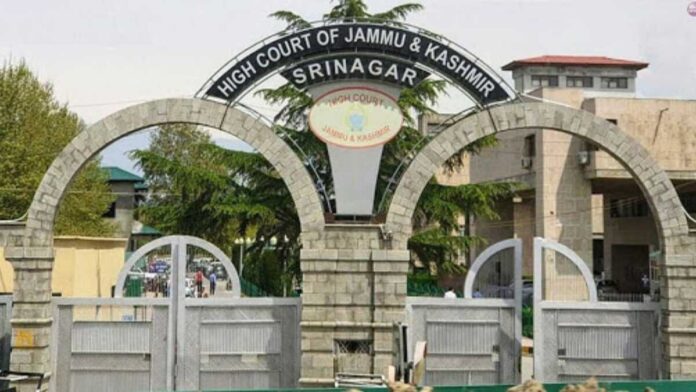In a significant ruling underscoring the importance of procedural safeguards and constitutional rights, Justice Mohd. Yousuf Wani of the Jammu & Kashmir and Ladakh High Court quashed the preventive detention of Mohd. Azam under the Jammu and Kashmir Public Safety Act (PSA), 1978. The court held that the detention order lacked an independent application of
To Read More Please Subscribe to VIP Membership for Unlimited Access to All the Articles, Download Available Copies of Judgments/Order, Acess to Central/State Bare Acts, Advertisement Free Content, Access to More than 4000 Legal Drafts( Readymade Editable Formats of Suits, Petitions, Writs, Legal Notices, Divorce Petitions, 138 Notices, Bail Applications etc.) in Hindi and English.




